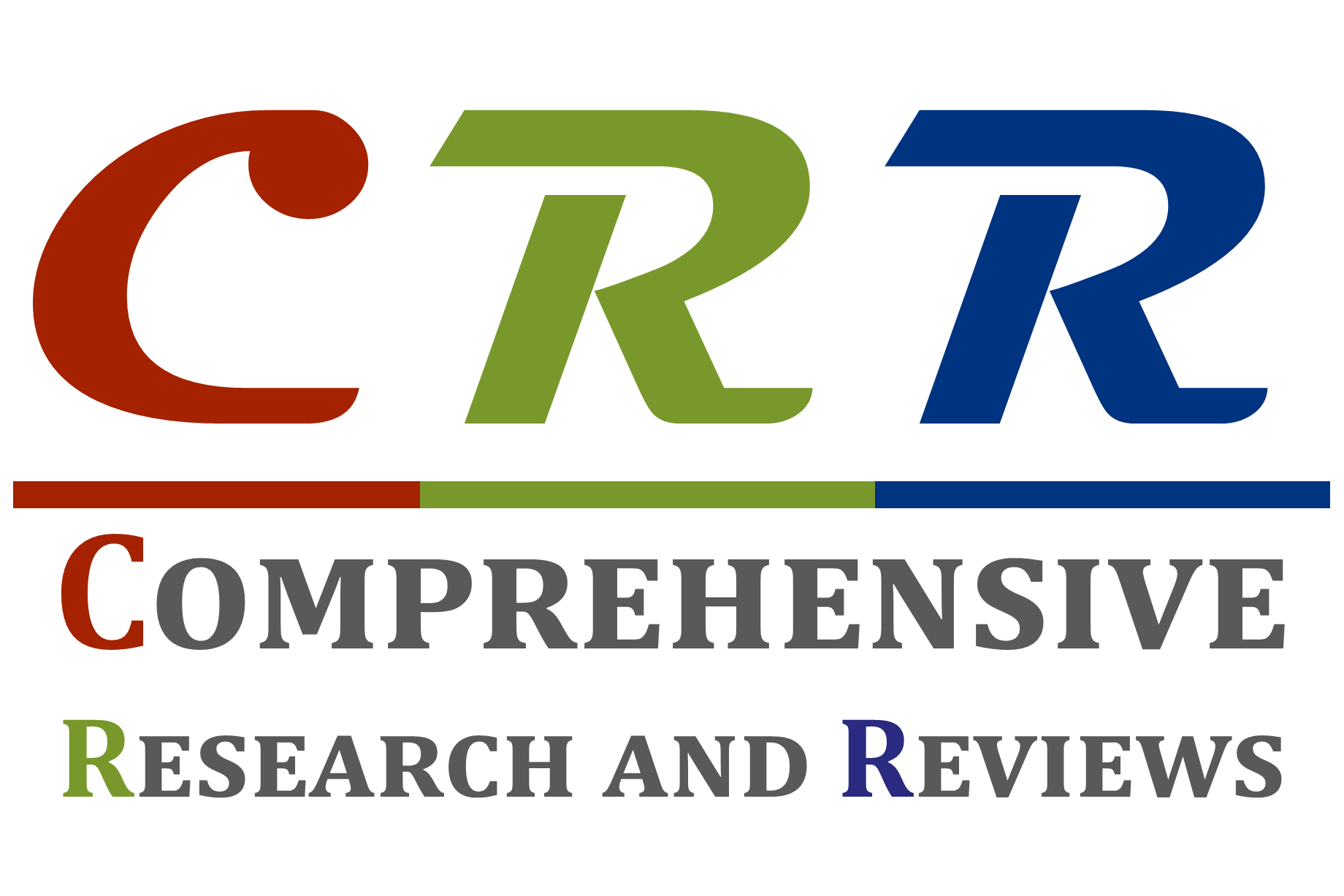Eco-friendly wastewater treatment technologies (concept): Conceptualizing advanced, sustainable wastewater treatment designs for industrial and municipal applications
1 Enoverlab, Lekki, Nigeria.
2 Independent Researcher; Lagos Nigeria.
3 Department of Mechanical Engineering, Nnamdi Azikiwe University, Awka, Nigeria.
4 Independent Researcher, Houston Texas, USA.
5 Department of Forestry and Environmental Management, Micheal Okpara University of Agriculture Umudike, Nigeria.
6 Office of Safety Health and Environment, Morgan State University, USA.
Review
Comprehensive Research and Reviews in Engineering and Technology, 2024, 02(01), 083–104.
Article DOI: 10.57219/crret.2024.2.1.0063
Publication history:
Received on 12 August 2024; revised on 21 September 2024; accepted on 24 September 2024
Abstract:
This concept paper explores the development and integration of advanced, sustainable wastewater treatment technologies designed for both industrial and municipal applications. As environmental concerns rise globally, the need for eco-friendly solutions in water management has become critical. The proposed approach focuses on enhancing wastewater treatment systems through innovative, sustainable designs that reduce environmental impact, optimize resource recovery, and promote energy efficiency. Key components of this concept include the utilization of natural treatment processes such as constructed wetlands, biofiltration, and phytoremediation, combined with cutting-edge technologies like membrane bioreactors, anaerobic digestion, and advanced oxidation processes. These methods aim to minimize the reliance on chemical treatments, reduce greenhouse gas emissions, and ensure high levels of water quality for reuse or safe discharge. The design framework prioritizes energy-efficient operations, leveraging renewable energy sources such as solar and wind power to drive treatment facilities. Additionally, resource recovery techniques are integrated, allowing for the capture of nutrients and energy from wastewater, supporting the circular economy and contributing to sustainability goals. The concept is adaptable to a range of industrial and municipal needs, offering scalable solutions that can address small, decentralized systems or large, urban treatment plants. The implementation of smart sensors and data analytics further enhances operational efficiency, ensuring real-time monitoring and optimization of treatment processes. By integrating eco-friendly wastewater treatment technologies, this concept aims to provide a holistic, sustainable solution to managing wastewater, improving water quality, and minimizing the ecological footprint of treatment facilities. The approach supports both environmental preservation and regulatory compliance, offering a pathway to more resilient and sustainable water management systems globally.
Keywords:
Eco-friendly wastewater treatment; Energy efficiency; Municipal applications
Full text article in PDF:
Copyright information:
Copyright © 2024 Author(s) retain the copyright of this article. This article is published under the terms of the Creative Commons Attribution Liscense 4.0
